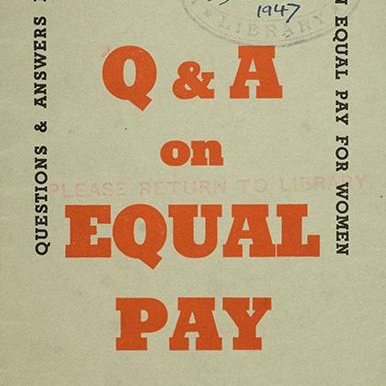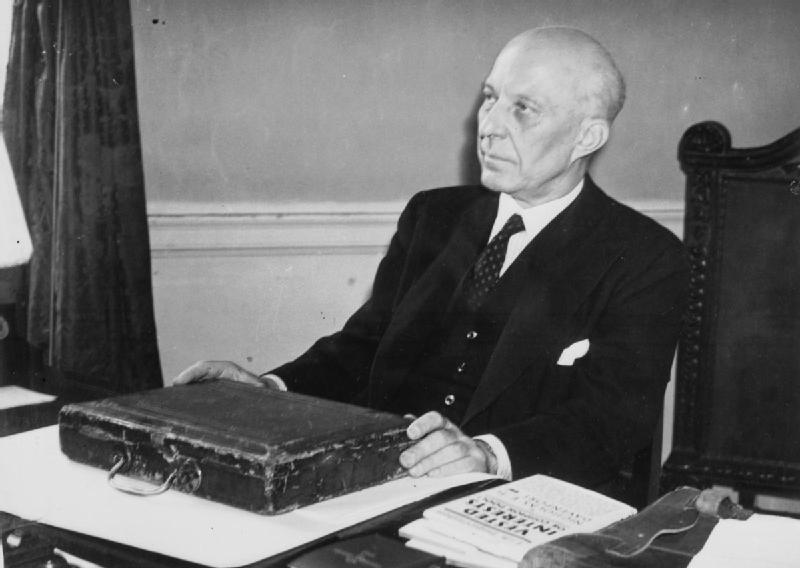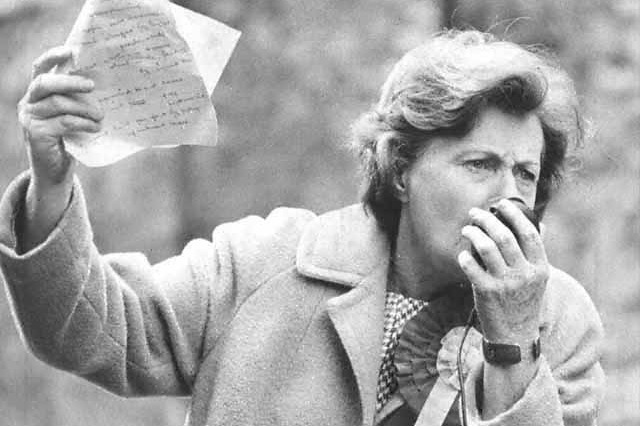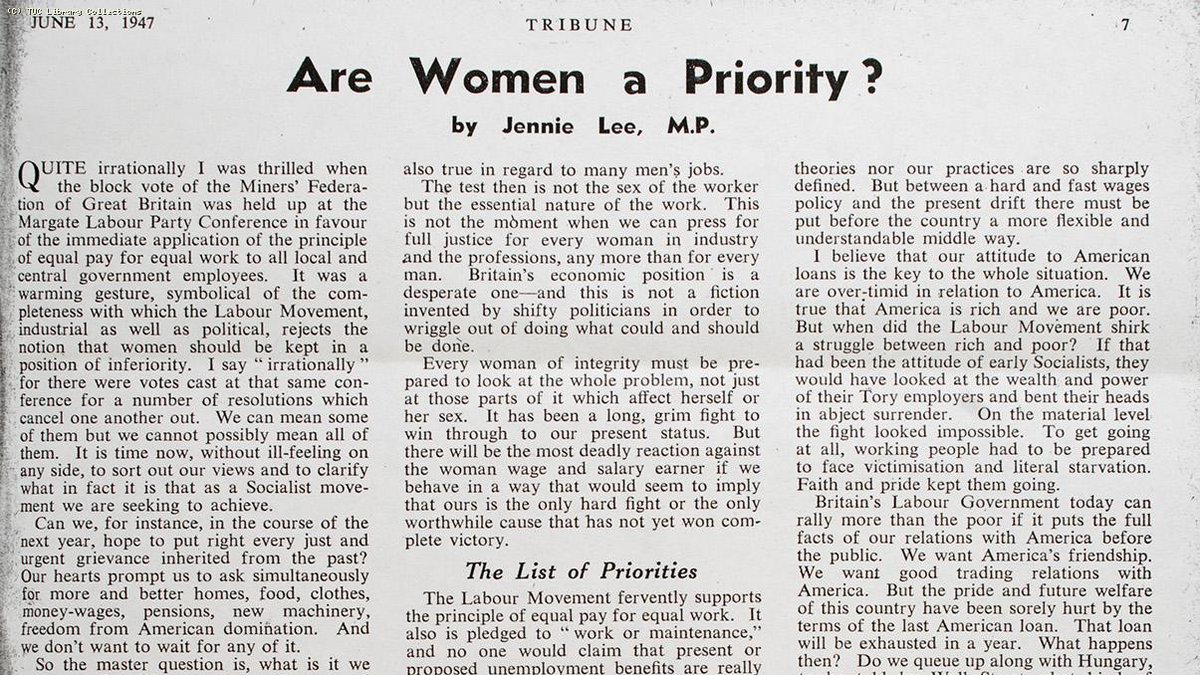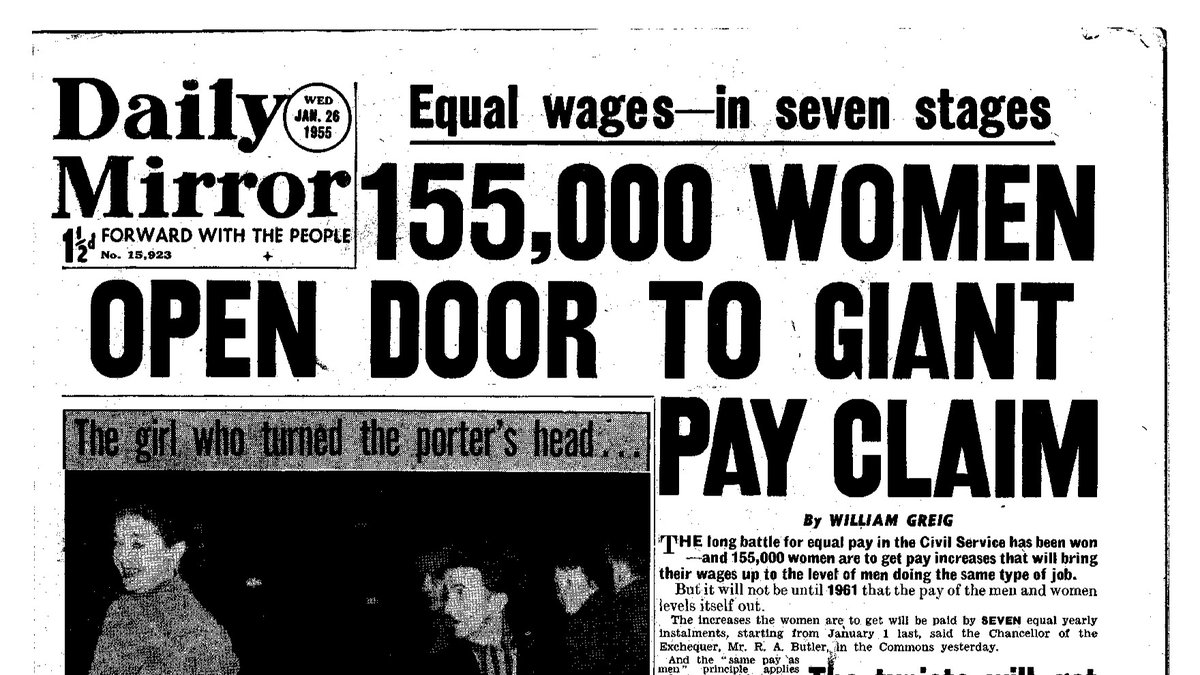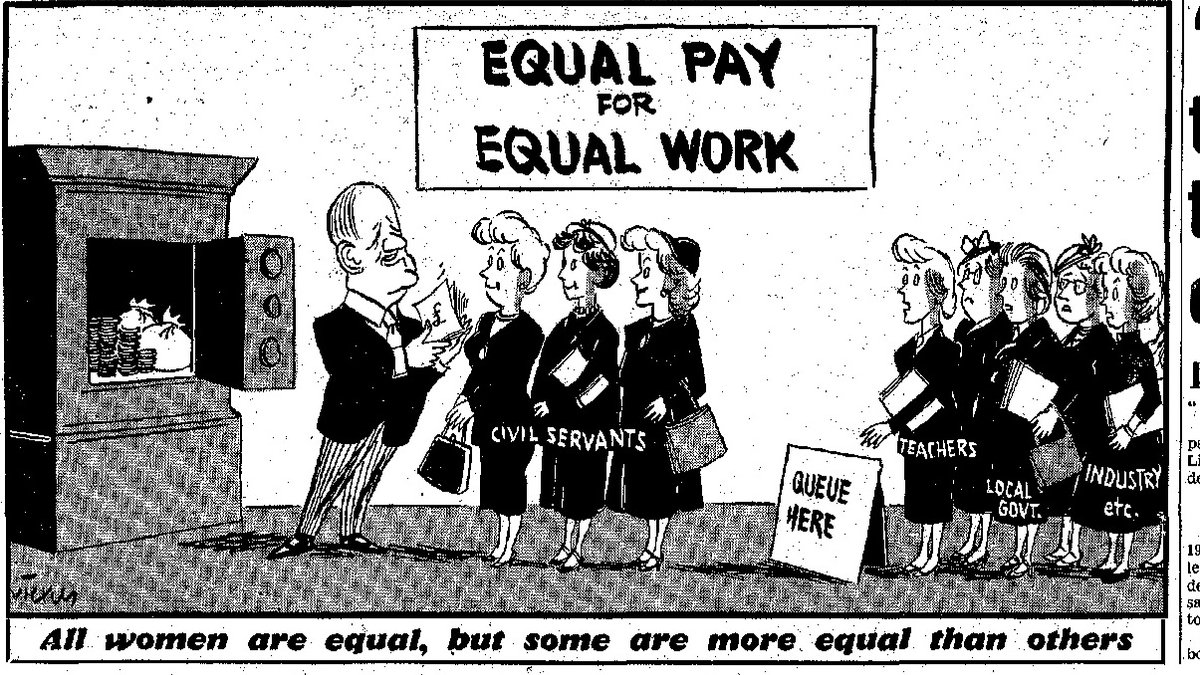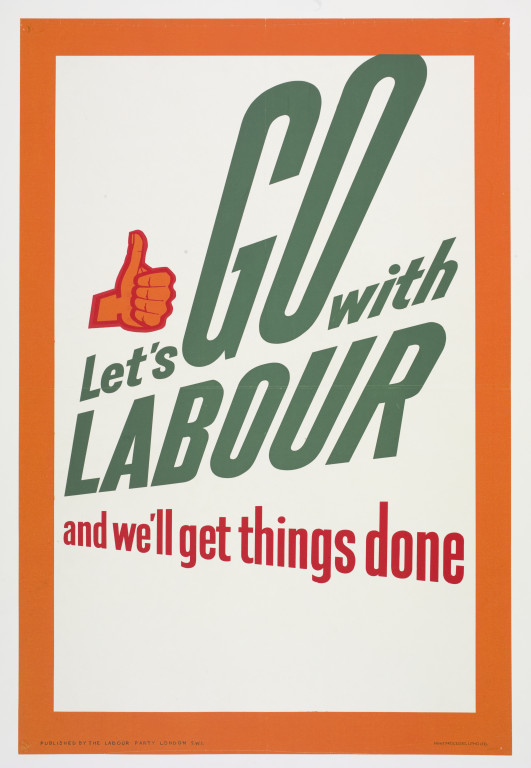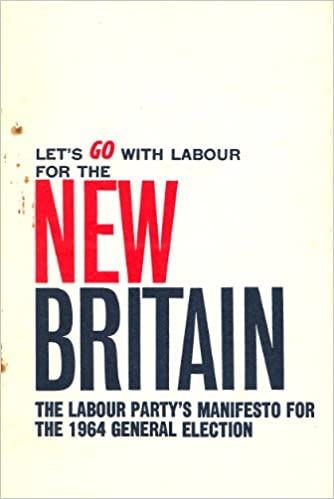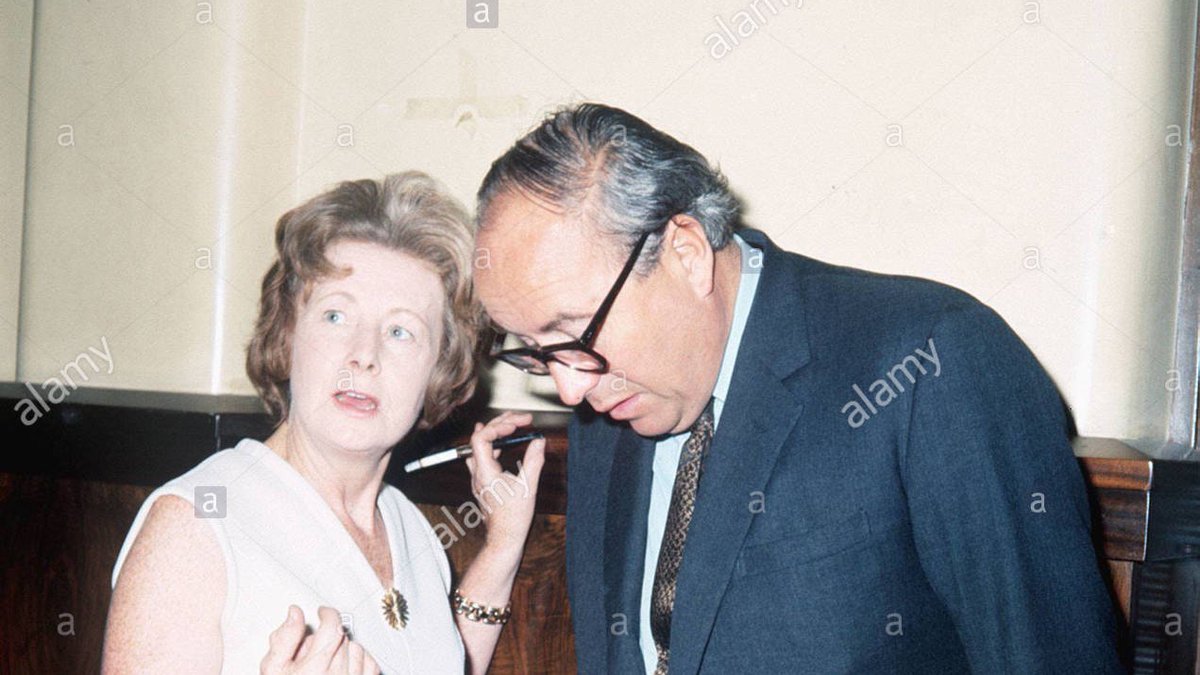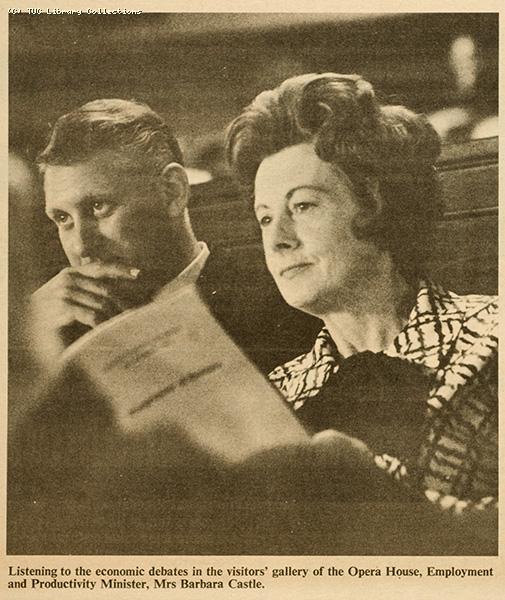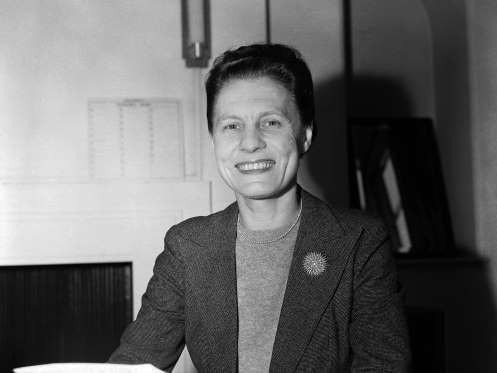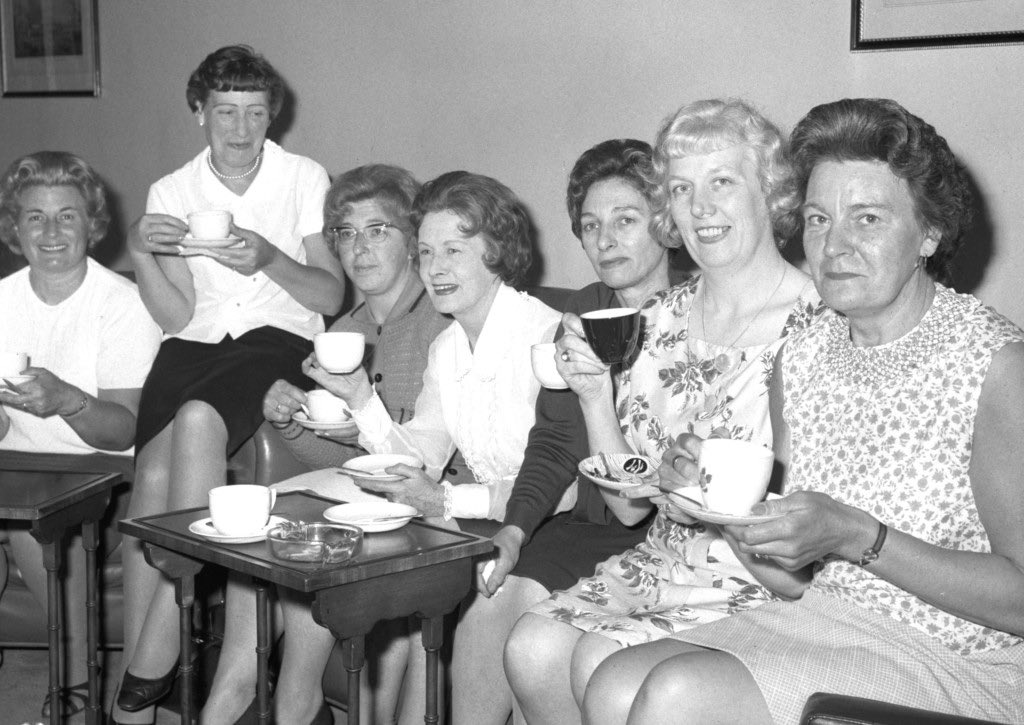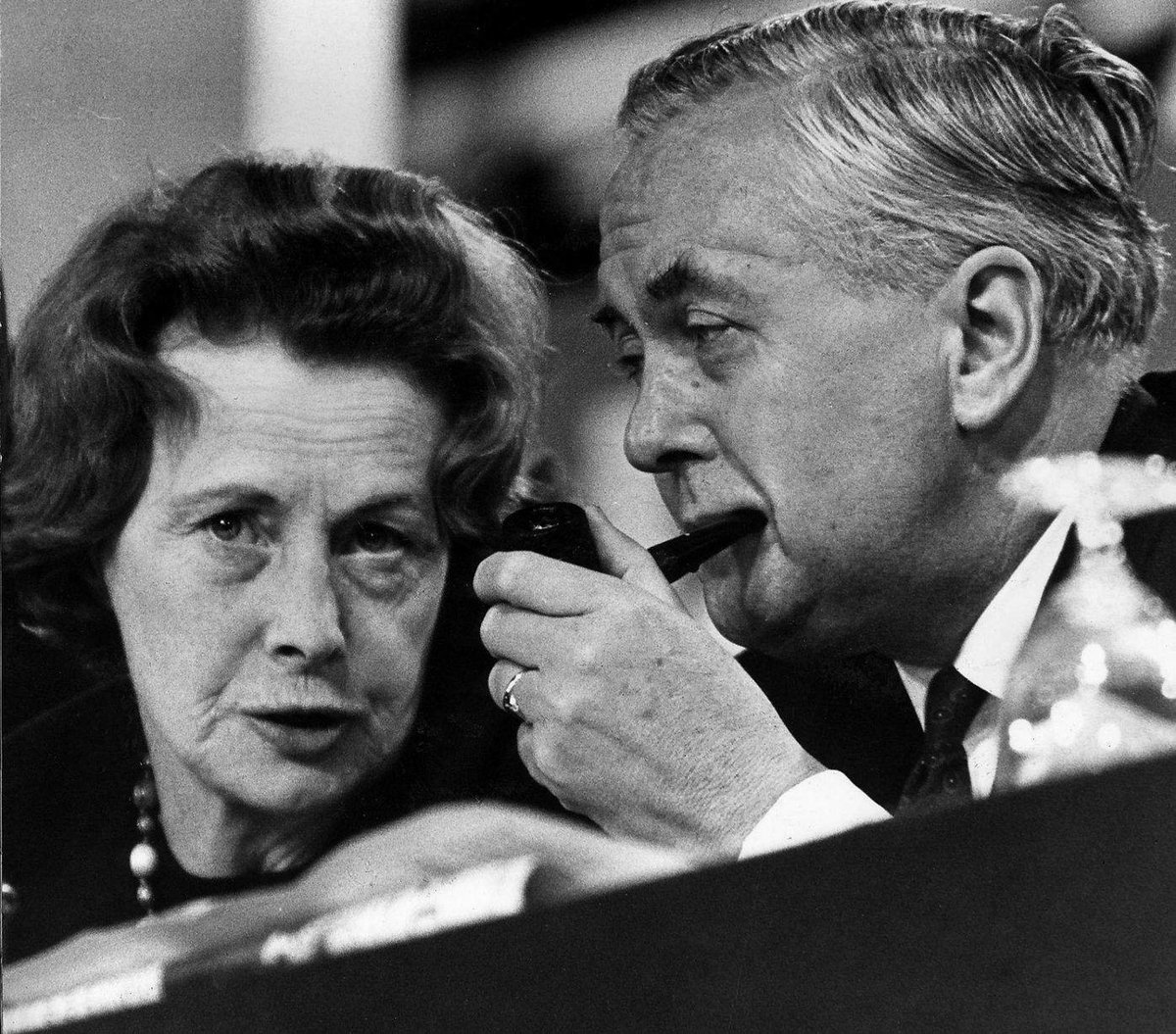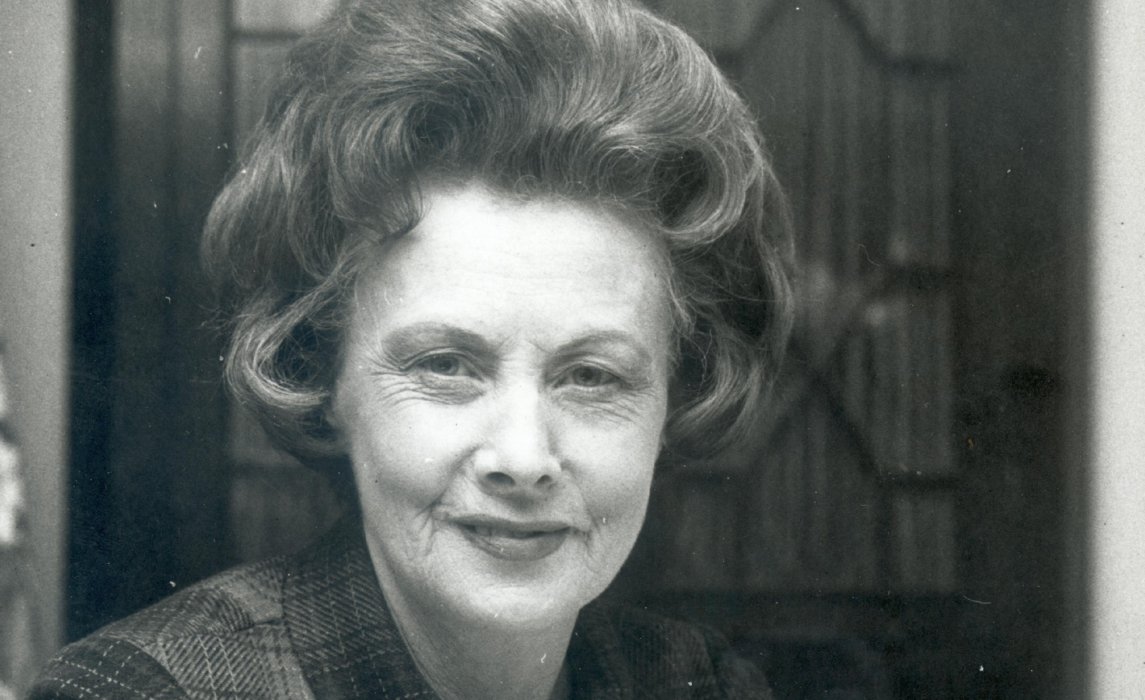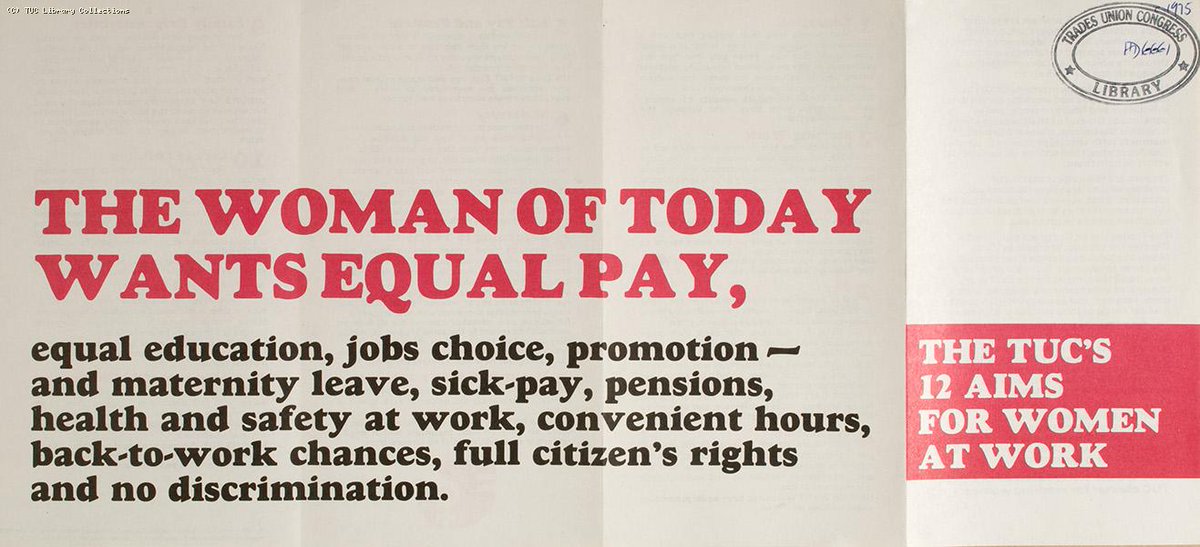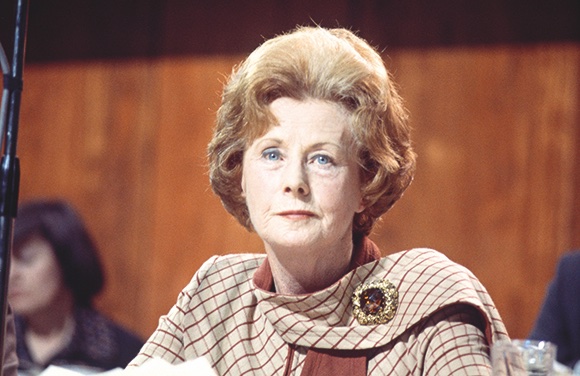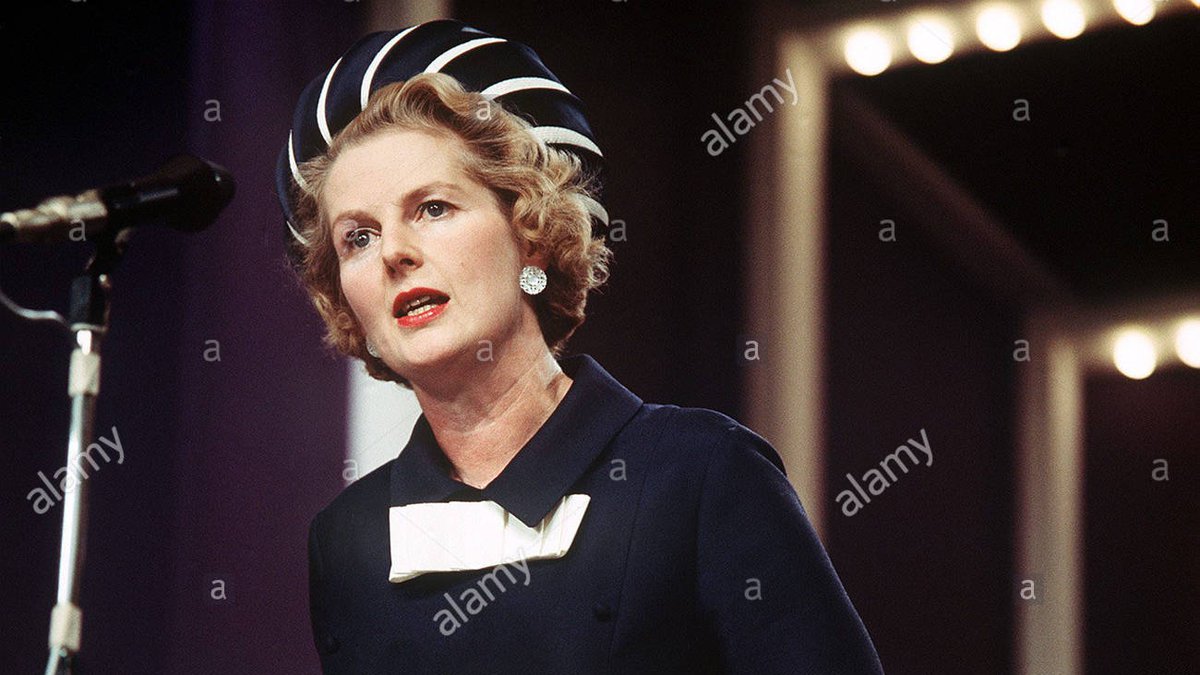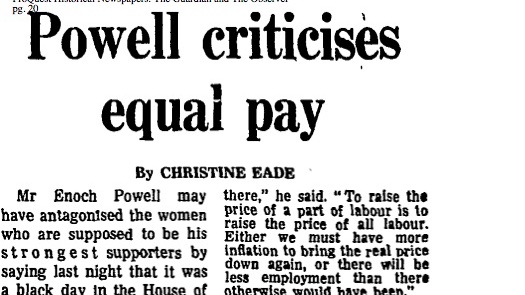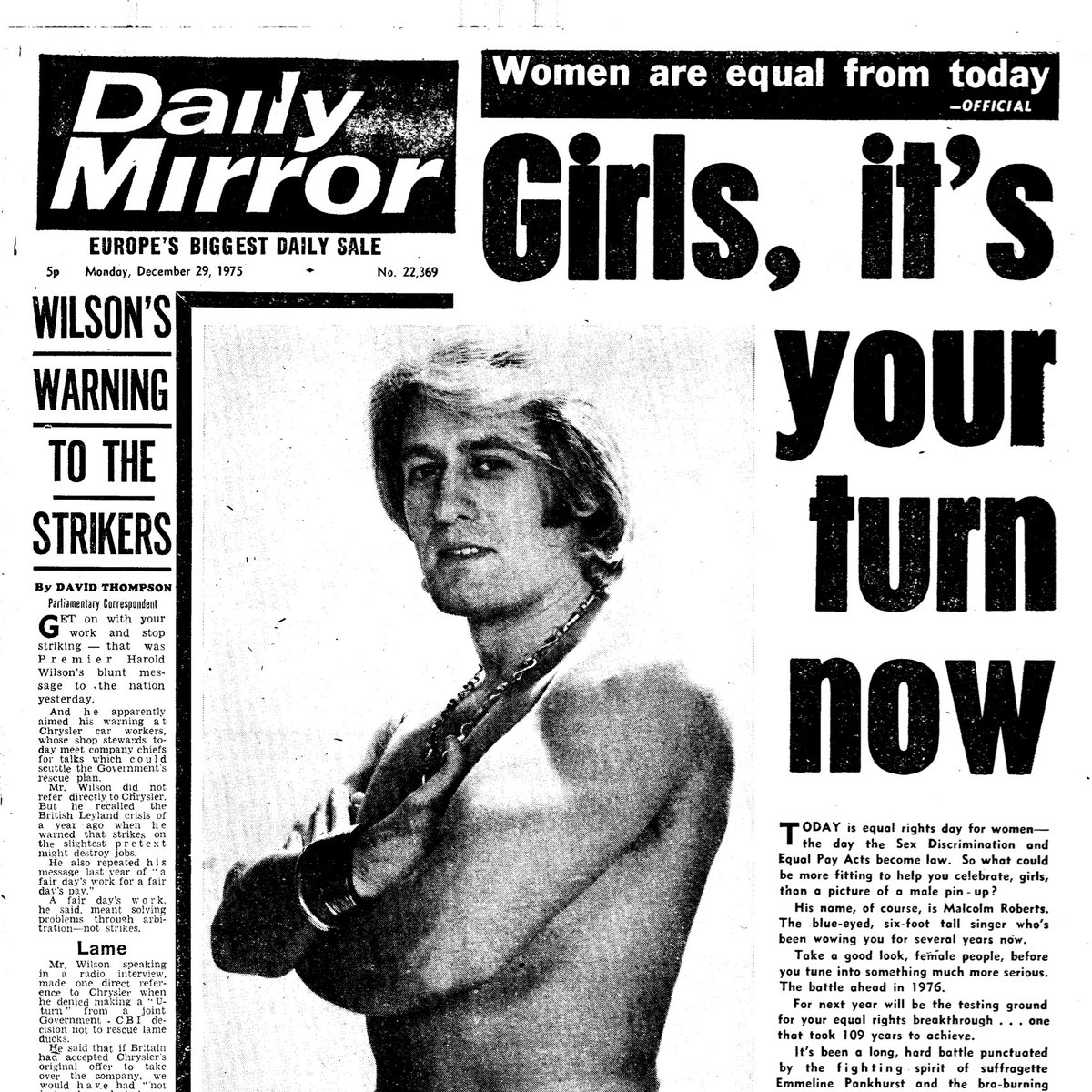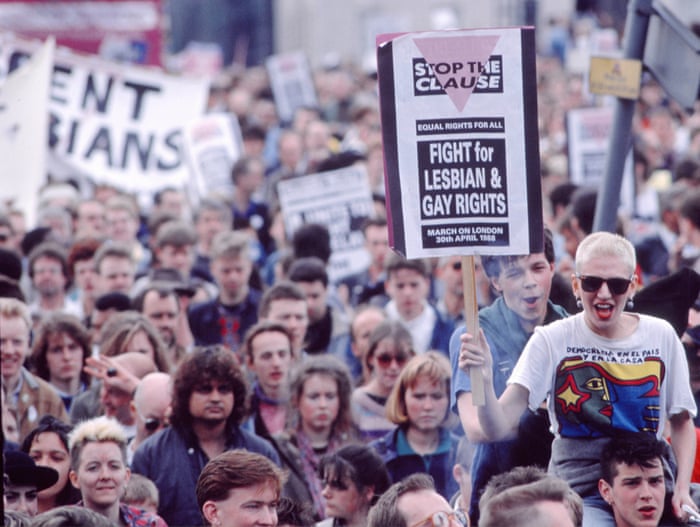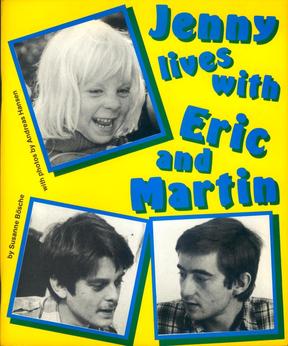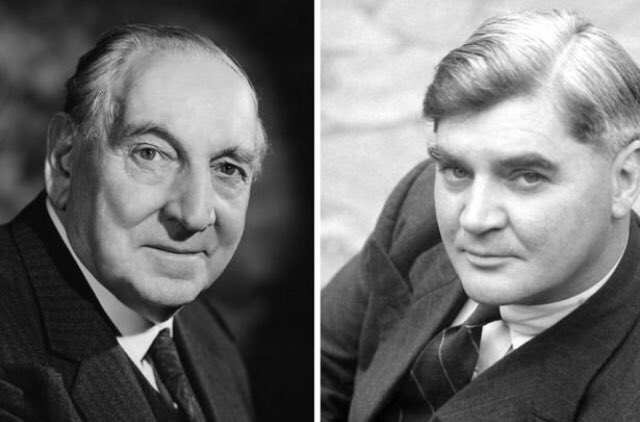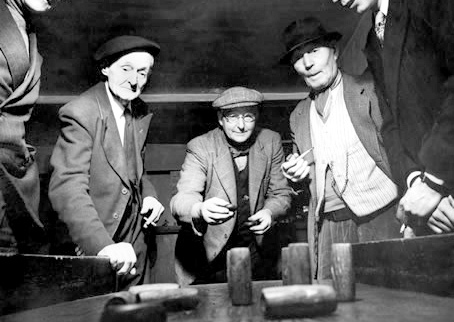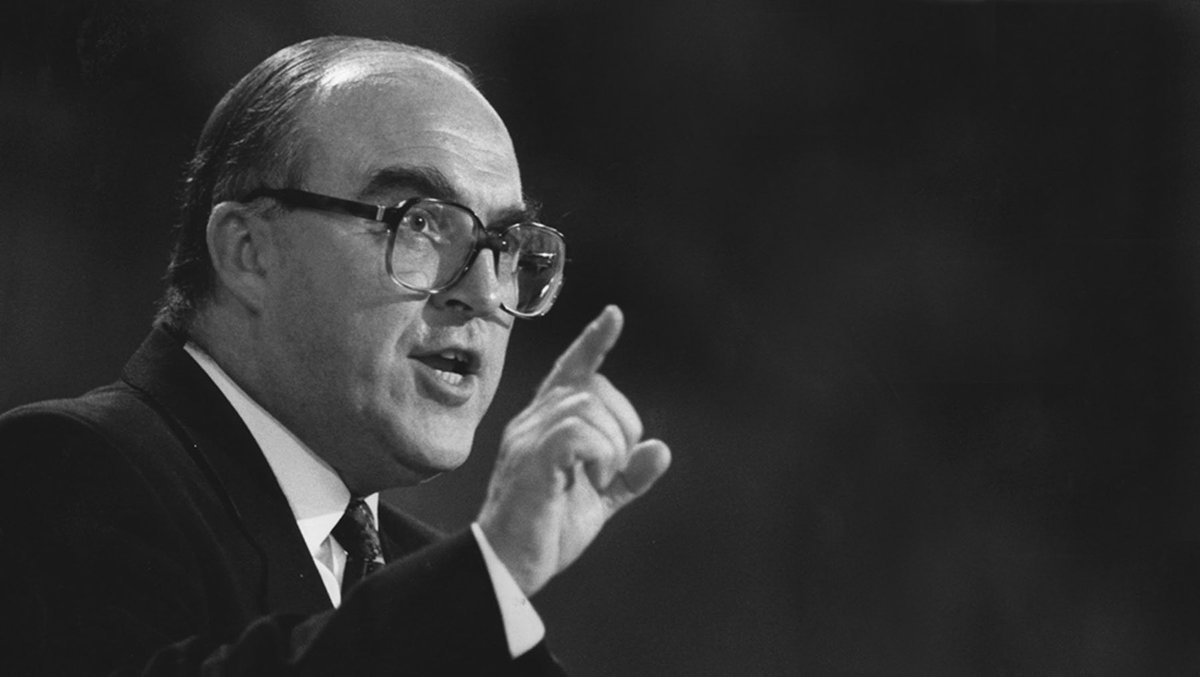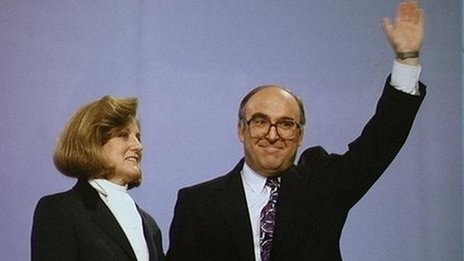After decades of campaigning, the bill enables women to make a claim for equal pay if they do the same job as a man.
A look back at Barbara Castle and the battle to introduce equal pay for women #EqualPayActat50
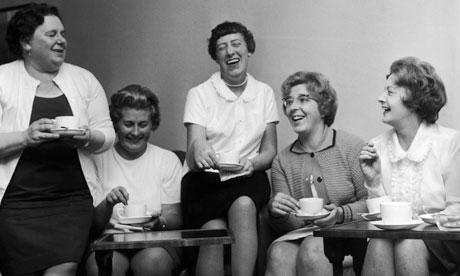
In 1954 she presented an 80,000 signature petition to Parliament demanding Equal Pay for women.
In doing so she was heavily criticised by fellow MPs such as Alice Bacon and Elaine Burton.
Manny Shinwell asked why it had not been implemented while Renee Short claimed four million women were being used more or less as slave labour
Richard Crossman noted in his diary that Jenkins, Crosland and Marsh were still opposed.
bbc.co.uk/programmes/b01…
The Queen announces "Bills will be brought before you to promote improved industrial relations and to provide for equal pay for men and women."
The CBI wanted to wait until the balance of payments had been fixed.
'the commitment in this Bill to achieve equal pay by the end of 1975 means that, by definition, pay increases for women will have to exceed those for men over the next few years if women are to catch up in the time allowed’
‘So many people have supported the idea of equal pay for so long that one wonders at the continuing inequality of payment between men and women....the Bill will lead to better pay for many jobs, and I support it as another step in the equal pay story’

